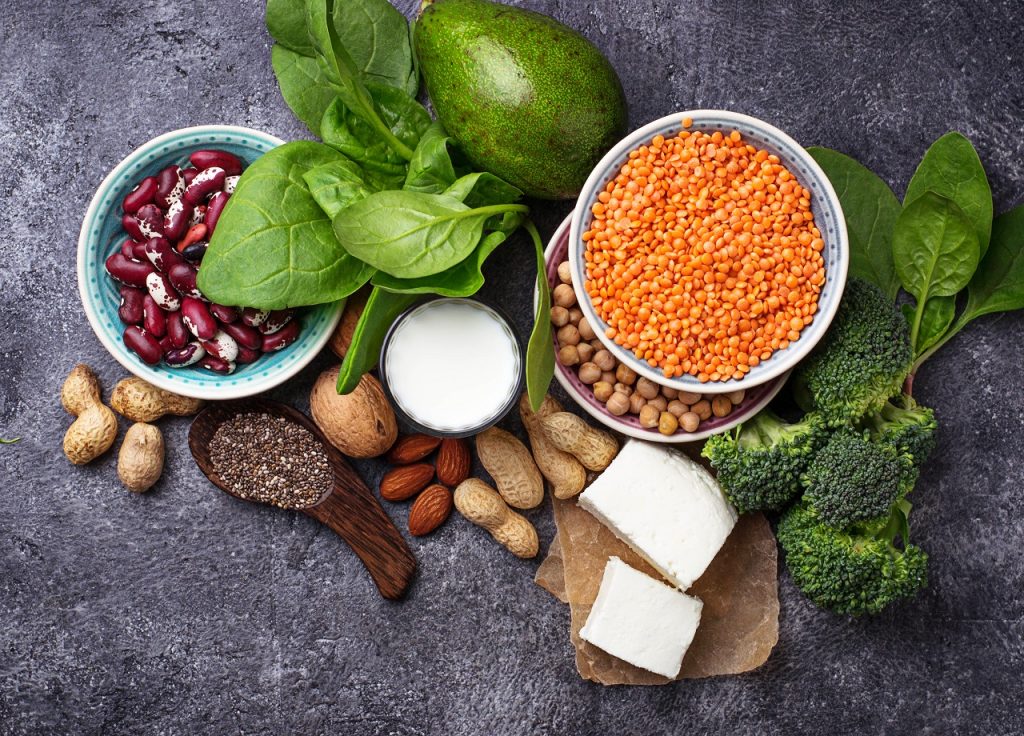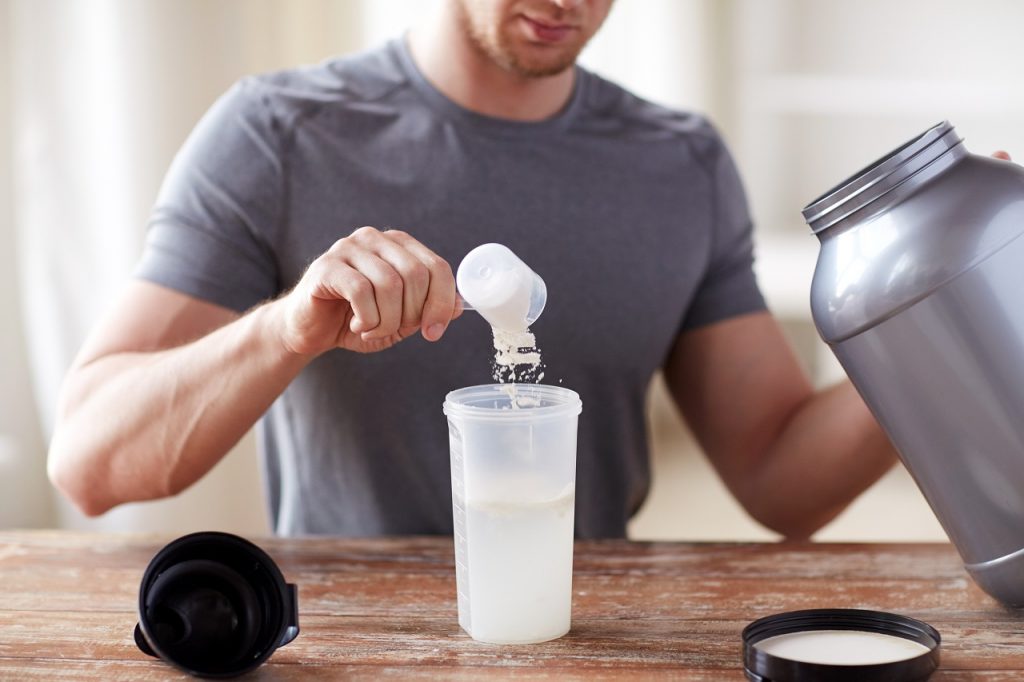
Few days ago I had written a blog on Weight loss vs Fat loss and I was flooded with queries on How to Gain Muscle and Lose Fat? So I decided to answer this query through a blog.
Well it is no rocket science, follow few guidelines and you start feeling good about yourself.
In my previous blog I said that you have to gain your muscle to reduce fat, why? Because maintaining muscles in your body requires lot of energy that helps to accelerate your metabolism, which in turn reduces the fat.
Here are the points to follow
** Engage in strength training, at least 1-2/week, as it helps you build muscles.
How? It first breaks your muscle to rebuild it and makes it stronger.
- Eat on time, say every 2-3 hrs,
As and when you don’t eat, your muscle is utilised as a source of energy, it is a shortcut for your body. Also when you don’t eat for a long time, your body stores food for you, in the form of fat
- Take care of your protein intake, as it will take care of your body’s muscle level to be maintained
- Avoid all refined flour, packet foods, as it has preservatives, which will get converted into fat as its empty calorie and no use to body.
- Maintain sufficient water intake, as your muscle is about 80-90% water, you cannot have dehydrated cell in your body, if you want the metabolism to increase.
- Cardiovascular Exercises!! This is very important. Your body does burn fat for you when you do cardio but, the body should know that it is supposed to use fat for fuel and hence requires training
- Most important of all is to maintain your sleep and reduce stress levels.
- Have good sleep for 7-8 hrs and keep away stress as much as possible.
- Reduce your intake of sugar as much as possible, instead opt for Jaggery, Dates, Fig, Raw Honey – our very own natural sweetener.
- Recovery is very important post any exercise
If the body does not recover well, it will go through a breakdown which is the recipe for losing muscles. So do rest well.
These are few guidelines you can follow. If you follow this properly believe me you will see results however it depends from person to person and consistency on how well you follow this routine. For further information or guidance, reach out to our certified experts by subscribing to GOQii’s Personalised Health Coaching here.
#BeTheForce
 Eggs are the easiest and fastest to cook. Not to mention, they’re one of the most favorite meals! Almost all of us savor eggs in various preparations such as an omelette, boiled eggs, poached eggs, fried eggs, scrambled eggs, egg curry, egg sandwich, and many more.
Eggs are the easiest and fastest to cook. Not to mention, they’re one of the most favorite meals! Almost all of us savor eggs in various preparations such as an omelette, boiled eggs, poached eggs, fried eggs, scrambled eggs, egg curry, egg sandwich, and many more.




